The Snapdragon 888 in Samsung's new Galaxy S21 is certainly a fast mobile processing platform. But after putting Samsung's two phones through a series of tests, we found that Apple and its A14 Bionic-powered iPhone 12 lineup have nothing to fear from this year's Android phones.
We ran benchmark tests for our review of the Galaxy S21 and Galaxy S21 Ultra and found both to be far more powerful than any Android device to date. More importantly, the Galaxy S21 and Galaxy S21 Ultra were noticeably better than the numbers recorded by last year's Galaxy Note 20 and Galaxy S20 flagships with the Snapdragon 865 chipset.
That was, of course, to be expected. When Qualcomm announced the Snapdragon 888 last December, the chipmaker said its new system-on-chip would improve overall CPU performance by 25% and the GPU could render graphics 35% faster than the previous generation of high-end chips.
However, the gap has not closed with the iPhone 12, which outperformed the Galaxy S21 in every test we conducted. This suggests that Apple will gain an even greater advantage when it releases the iPhone 13 this fall, presumably with the new A15 chip.
Let's take a closer look at what we found when we tested the Galaxy S21 and Galaxy S21 Ultra for our review.
The Geekbench 5 test we run on our phones to measure general performance. This allows us to compare phones from one generation of chips to another, and also helps with cross-platform comparisons; the Galaxy S21 did well on one front, but fell short on the other.
The Galaxy S21 recorded a single-core score of 1,048 and a multi-core score of 3,302 in Geekbench 5. The S21 Ultra, with more RAM than the S21, had even better single-core and multi-core scores, with 1,123 and 3,. 440, respectively.
This is better than any Android phone we tested, including the Galaxy Note 20 Ultra and its Snapdragon 865 Plus chipset. Released last summer, the model had a single-core score of 985 and a multi-core result of 3,294 in Geekbench 5. Similarly, both S21 models outperformed last year's Galaxy S20 Plus (811, 3,076) and its Snapdragon 865 chipset.
When it comes to Geekbench, however, the iPhone 12 remains the top performer: both the iPhone 12 and iPhone 12 Pro outperformed the new Galaxy flagship in both single-core and multi-core results. In particular, the iPhone 12 Pro outperformed the S21 Ultra's multi-core score by 12%. While this is not a difference visible to the naked eye, it is certainly noteworthy.
We recently ran 3DMark's Wild Life Unlimited benchmark on a cell phone. In this benchmark, the phone renders complex scenes in real time, reflecting a game that features short bursts of intense activity.
A similar trend to Geekbench 5 was seen here: the Galaxy S21 model beat most of its Android competitors, but could not keep up with the iPhone 12.
The Galaxy S21 Ultra recorded a result of 5,739 frames, which equates to 34 frames per second, while the S21 was only slightly above 35 FPS with 5,805 frames. This was better than the S20 Plus and OnePlus 8T (23 FPS), while the Galaxy Note 20 Ultra scored better at 42 FPS.
More importantly, the iPhone 12 and iPhone 12 Pro scored nearly identical scores of 8,555 and 8,619, respectively, for a respectable 51 FPS. while the new Galaxy models may be better suited for gaming, these numbers suggest that the iPhone can handle graphically intense games even better.
Qualcomm claims that its chips are designed for sustained performance, not the short bursts favored in synthetic benchmark tests. Therefore, we also conduct real-world tests to get an idea of how the phones perform in everyday tasks.
One of the real-world tests involves video encoding, using Adobe's Premiere Rush app to gauge how long it takes to transcode a short 4K video to 1080p. The iPhone usually excels in this test, but the S21 with the Snapdragon 888 has made some strides in closing the gap.
Both the Galaxy S21 and S21 Ultra took less than 1 minute and 3 seconds to transcode the video. By way of comparison, the Galaxy Note 20 Ultra took 1 minute and 16 seconds.
Still, this is an area where the iPhone still has the upper hand: the iPhone 12 Pro finished transcoding the video in 27 seconds, while the iPhone 12 beat this time by 1 second. the S21 may be getting a little closer to this result, but it is still a long way off.
Android phone fans will be pleased to know that the Galaxy S21 lineup offers the best performance from an Android phone. (The Galaxy S21 Plus has not yet been tested, but with the same Snapdragon 888 silicon and the same 8GB of RAM as the S21, we expect it to match the S21's numbers.) If you upgrade from an older Android device, you will definitely notice an improvement in performance.
But if you were expecting a close Android vs. iPhone battle, think again: as good as the Galaxy S21's performance is, the iPhone remains the best performing smartphone overall.
.
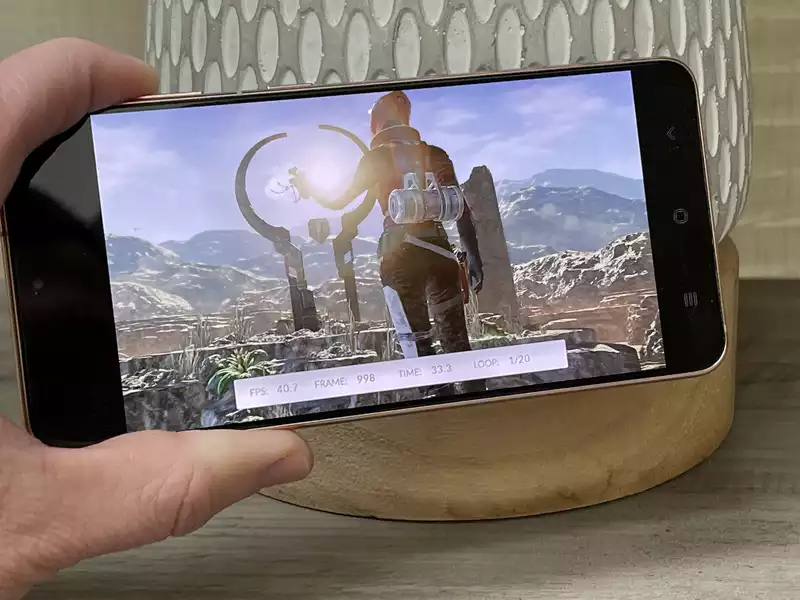
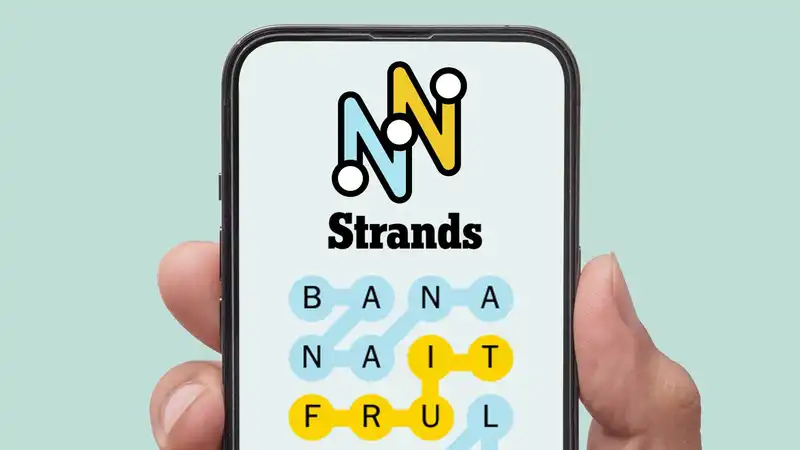

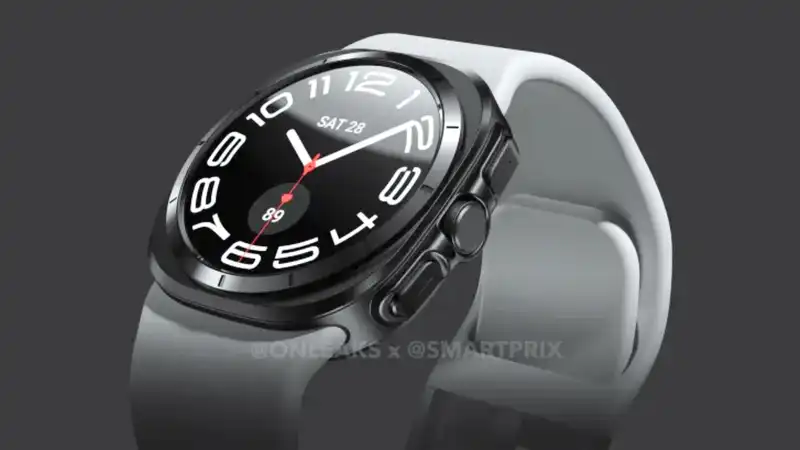
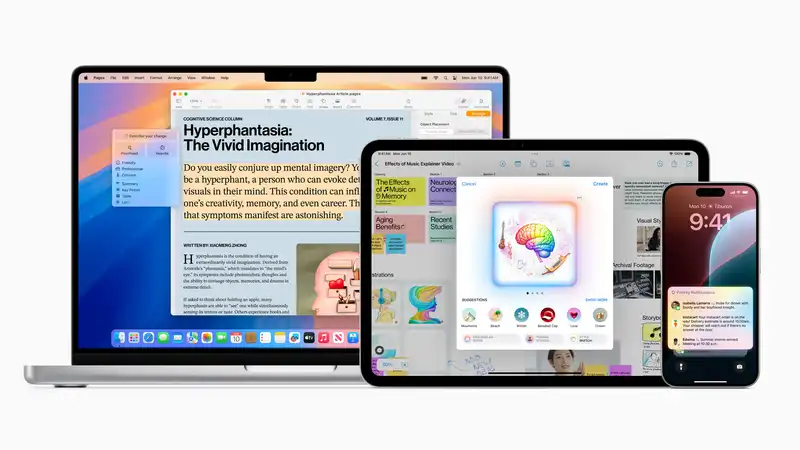

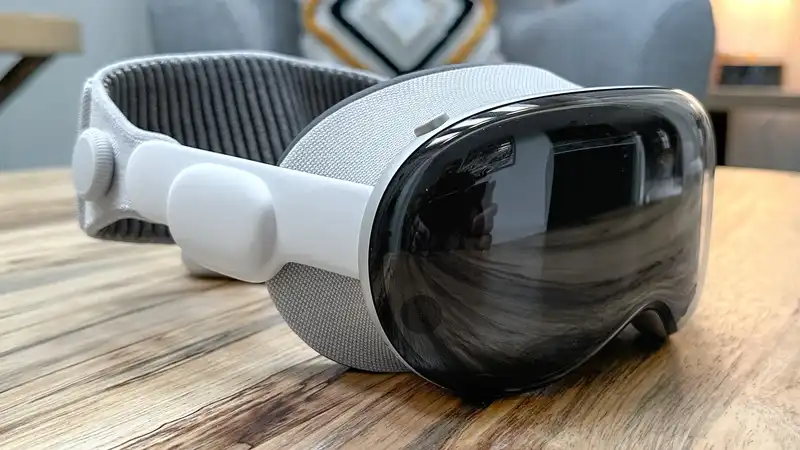
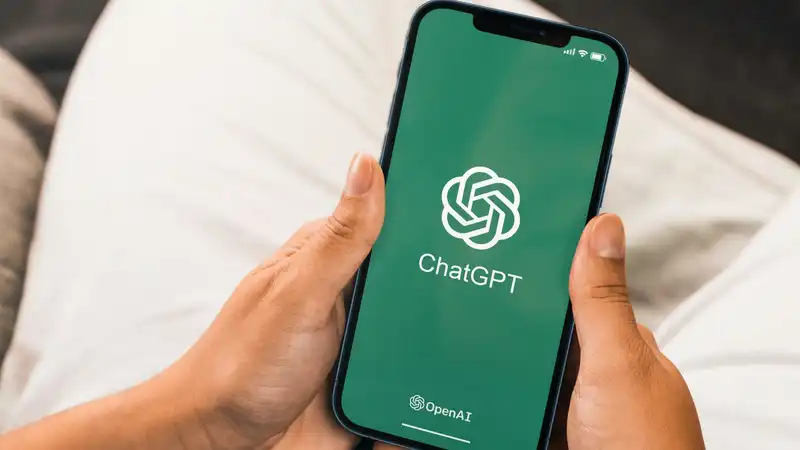
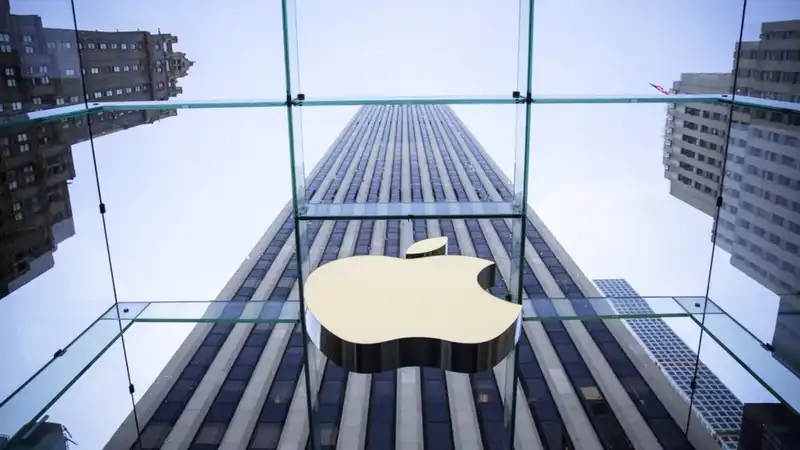
Comments